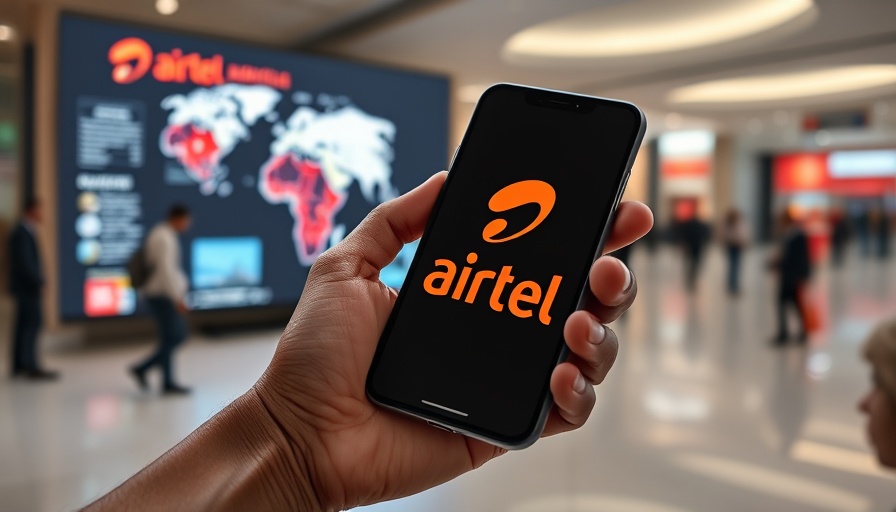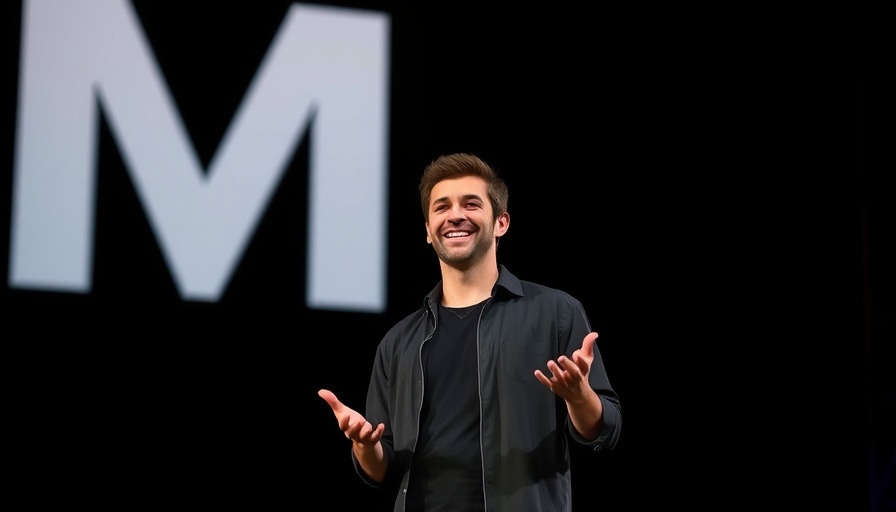
A New Era for Car Insurance in Nigeria
Airtel Nigeria's SmartCash Payment Service Bank (PSB) is shaking up the traditional car insurance market with its innovative partnership with Leadway Assurance. This alliance introduces mobile-based car insurance services that allow users to access Third-Party and AutoBase Comprehensive insurance directly through the SmartCash app or a simple USSD code. With premiums starting as low as ₦15,000, motorists can obtain coverage quickly and conveniently, completing the entire process in under three minutes. This streamlining tackles the prevalent issues of paperwork and bureaucratic delays that have long characterized Nigeria's insurance sector.
Understanding Regulatory Constraints
However, beneath this significant development lies a challenging regulatory landscape that shapes the operations of Payment Service Banks like SmartCash. The Central Bank of Nigeria (CBN) has strict guidelines that prevent PSBs from offering services such as credit and insurance directly. This necessitates partnerships with licensed third-party providers, a model that SmartCash has adopted with its collaboration with Leadway Assurance. In contrast to Airtel's successful rollouts of microinsurance products in countries with more lenient regulations like Kenya and Uganda, SmartCash’s growth in Nigeria remains restricted by these necessary but limiting compliance measures.
The Push Towards Financial Inclusion
SmartCash CEO Tunde Kuponiyi emphasizes the company’s commitment to providing inclusive financial solutions tailored to the everyday needs of Nigerians. This partnership does not only facilitate easier insurance access; it also represents a broader shift aimed at enhancing mobile money adoption in Nigeria, which still lags behind nations like Kenya and Ghana. Airtel’s effort to integrate insurance into the SmartCash ecosystem symbolizes a strategic move to boost user engagement in a competitive fintech landscape.
The Competitive Fintech Landscape
As Nigeria’s digital finance network intensifies, there is a race among telcos, banks, and fintech companies to offer integrated service bundles that appeal to a diverse user base. By embedding insurance services, SmartCash hopes to fortify its market position and appeal to tech-savvy consumers who often rely on smartphones and mobile wallets for their financial transactions. The necessity of these services in an economy where many processes still operate offline cannot be overstated; they provide essential protections and facilitate smoother transactions for drivers across the country.
Global Comparisons: Learning from Other Markets
Looking at Airtel’s operations across Africa, one can draw valuable lessons on navigating regulatory hurdles effectively. In countries like Kenya, Airtel Money offers users the ability to purchase life and hospital cash insurance products seamlessly within its mobile money framework. This kind of bundled service is missing in Nigeria, primarily due to local restrictions which hinder the adaptability and growth of such financial ecosystems. If regulatory reforms were enacted, there is a strong potential for SmartCash to evolve into a more comprehensive digital finance platform, akin to its peers in more progressive markets.
Future Predictions for SmartCash and Nigeria’s Digital Finance
As Airtel Nigeria navigates these challenges, the future of SmartCash hinges on the continuing evolution of the regulatory environment. A move towards more progressive policies could open the door for further innovations and service expansions. If Psbs are given the leeway to offer more financial products directly, it could lead to a surge in mobile money adoption and a more robust fintech ecosystem in Nigeria.
Concluding Thoughts
The partnership between SmartCash PSB and Leadway Assurance is more than just a business arrangement; it is a pivotal step in transforming Nigeria’s car insurance landscape. While regulatory hurdles continue to pose challenges, this initiative illustrates a proactive approach to meet consumer needs and facilitate greater financial inclusion. As Nigeria steps further into the digital age, initiatives like these can pave the way for a more integrated and accessible financial future.
 Add Row
Add Row  Add
Add 




 Add Row
Add Row  Add
Add 
Write A Comment